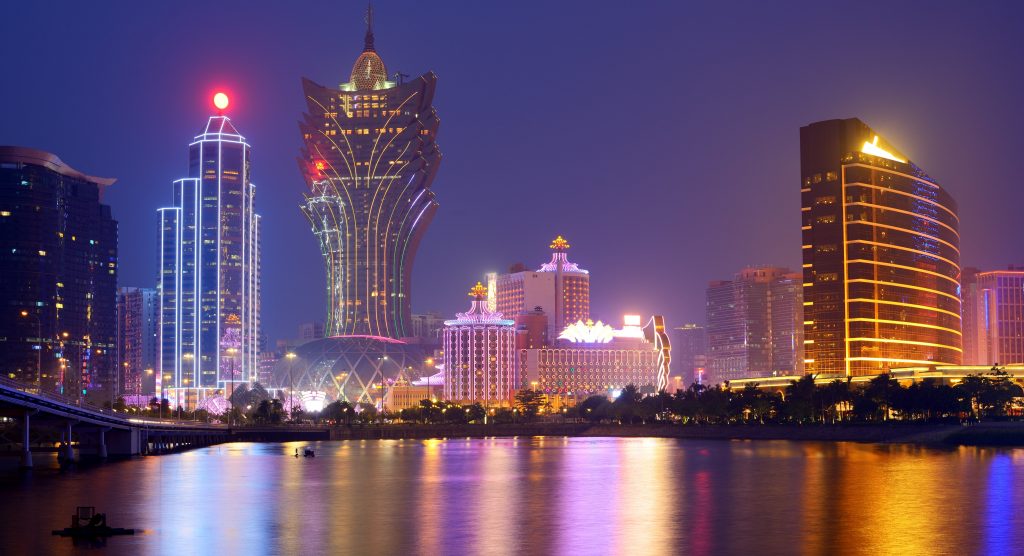
Macau is the gambling capital of the world and has been for some time. Every day, hundreds of millions of dollars are wagered in the casinos of Macau, with most of the action taking place in the VIP rooms.
For the average gambler, Macau can be a confusing and intimidating place. There are over 30 casinos in Macau, spread out across the city. Many of them are huge, multi-story affairs that can be overwhelming to navigate.
The good news is that there are a few simple tips that can help you make the most of your time in Macau. Here are a few things to keep in mind:
1. Know your limits. It’s easy to get caught up in the excitement of gambling in Macau and to spend more money than you intended. Before you start gambling, set a budget and stick to it.
2. Don’t be afraid to ask for help. The staff at the casinos are there to help you, so don’t be afraid to ask them for advice or assistance.
3. Choose your games wisely. There are a lot of different casino games available in Macau, but not all of them offer the same odds. Do some research beforehand and choose the games that offer the best chances of winning.
4. Manage your money carefully. It’s easy to lose track of how much money you’re spending when you’re gambling, so be sure to keep an eye on your chips or cash. Avoid chasing losses by setting a limit on how much you’re willing to lose before you walk away from the table.
5. Have fun! Gambling should be enjoyable, so make sure to set aside some time to enjoy yourself in between sessions. Explore the rest of what Macau has to offer and take some time to relax – you’ll be glad you did when you’re back at the tables.
How many casinos are there in Macau?
Macau is the gaming capital of the world with more casinos than anywhere else on the planet. There are 34 casinos in Macau, including the Venetian Macau, which is the largest casino in the world. Gaming is the biggest industry in Macau, making up over 50% of the territory’s economy.
Casinos have been a part of Macau’s history for over 400 years, when the first gambling house was established in the early 1600s. Since then, Macau’s casinos have been constantly evolving, becoming increasingly more lavish and extravagant. Today, they are some of the most impressive and luxurious casinos in the world.
So why are there so many casinos in Macau? There are a few factors that contribute to this.
First of all, gambling is legal in Macau. This is in contrast to many other places in Asia where gambling is either illegal or heavily restricted. As a result, Macau is a very attractive destination for casino operators and investors.
Secondly, Macau has a very low tax rate for casinos. In fact, it is one of the lowest in the world at just 2%. This makes it much more profitable to operate a casino in Macau than in other jurisdictions.
Finally, Macau’s close proximity to China makes it even more attractive to casino operators as it provides easy access to the massive Chinese market. China has a growing middle class with an increasing appetite for gaming and entertainment.
All of these factors have contributed to the rapid growth of Macau’s casino industry. In just 20 years, the number of casinos in Macau has increased from just 3 to over 30. And with new projects underway, this number is expected to grow even further in the years to come.
So if you’re looking for a gaming destination with more casinos than anywhere else in the world, look no further than Macau!
What currency is used in Macau casinos?
Macau casinos use the pataca as their official currency. The pataca is pegged to the Hong Kong dollar, which in turn is pegged to the US dollar. This peg has been in place since the early 1990s and has helped to stabilize the pataca’s value.
The pataca is not a widely-traded currency, but it is accepted by most banks in Macau. There are also a number of ATMs in Macau that dispense patacas.
The pataca is subdivided into 100 avos. Coins come in denominations of 1, 5, 10, 20, and 50 avos, as well as 1, 2, and 5 patacas. Paper notes come in denominations of 10, 20, 50, 100, 500, and 1000 patacas.
Since the pataca is pegged to the US dollar, it has a relatively stable value. However, there have been times when the peg has come under pressure. In 2005, for example, the peg came under attack from speculators who believed that the Hong Kong dollar was going to be devalued.
The peg was eventually defended and the pataca’s value remained stable. However, this episode showed that the pataca is not immune to fluctuations in the value of other currencies.

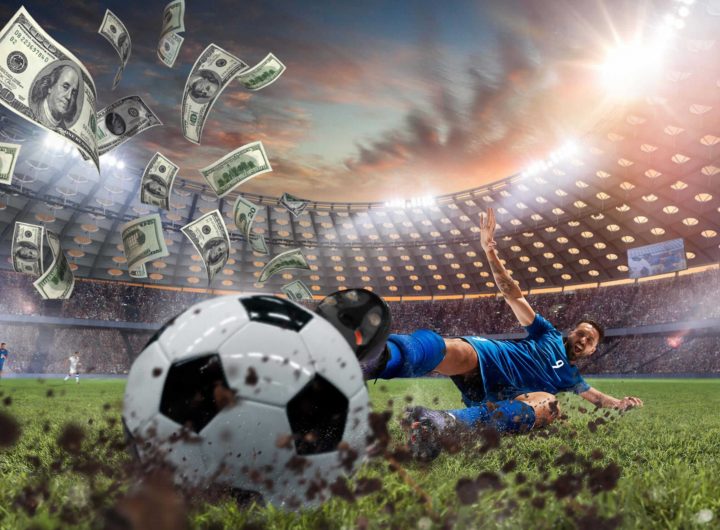 온라인 도박 사기를 효과적으로 처리하는 방법
온라인 도박 사기를 효과적으로 처리하는 방법 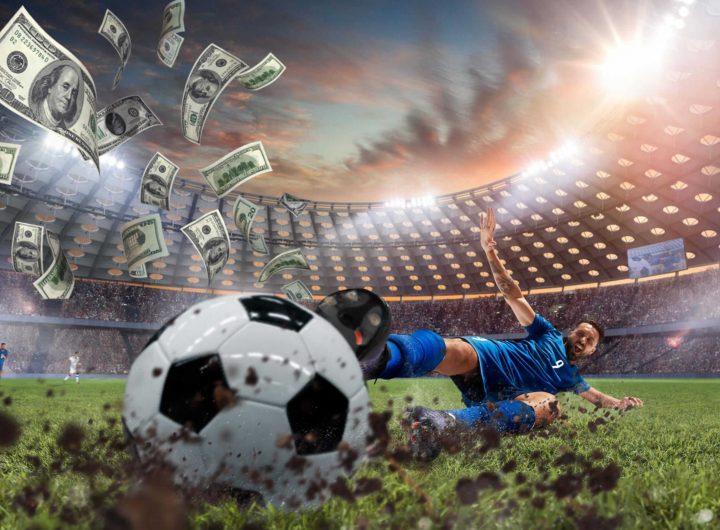 걱정 없는 도박을 위한 최고의 사기 없는 온라인 카지노
걱정 없는 도박을 위한 최고의 사기 없는 온라인 카지노 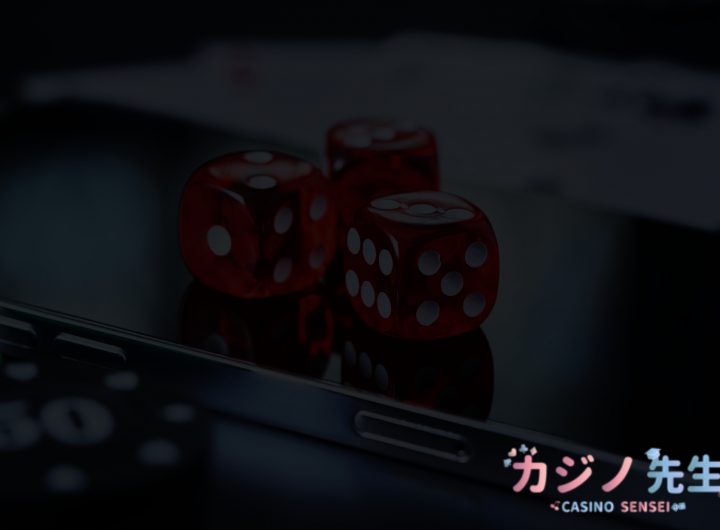 Top 5 Tips For Spotting Triggers In Horse Racing Betting
Top 5 Tips For Spotting Triggers In Horse Racing Betting  카지노 사이트: 재미와 행운이 기다리는 곳
카지노 사이트: 재미와 행운이 기다리는 곳  Gambling in the United States
Gambling in the United States 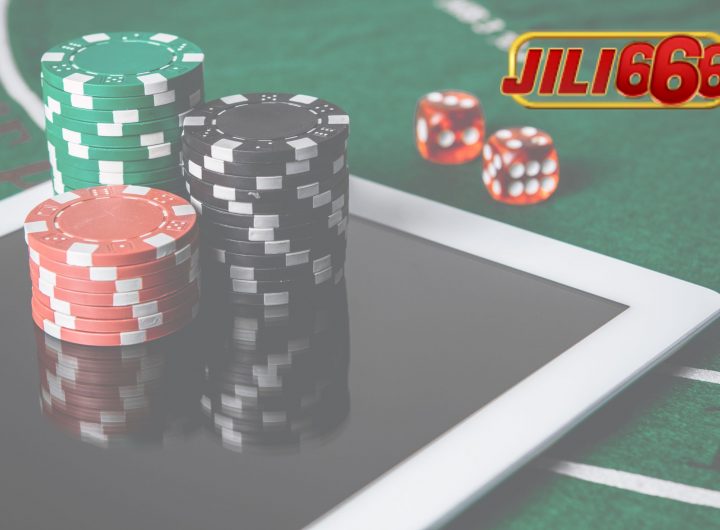 Slot Free 100 For New Members: Best Games To Play And Maximize Your Winnings
Slot Free 100 For New Members: Best Games To Play And Maximize Your Winnings  스포츠 베팅 마니아들에게 사기 검증이 중요한 이유
스포츠 베팅 마니아들에게 사기 검증이 중요한 이유